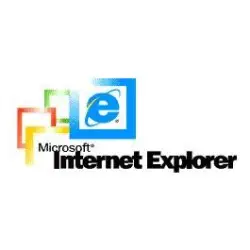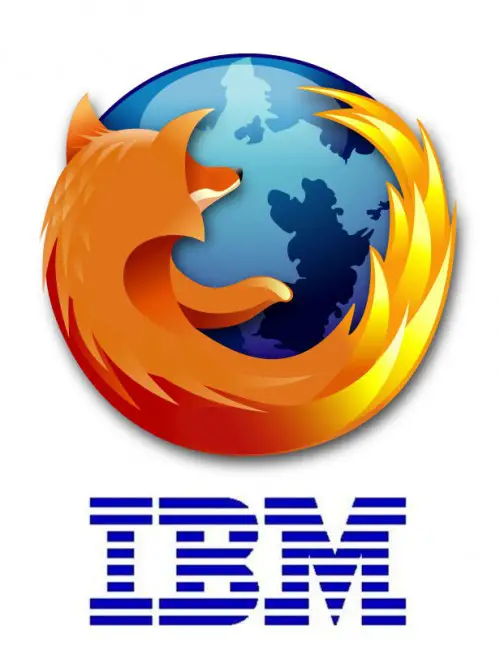 You probably haven’t used Internet Explorer in ages – I hardly know anyone who does anymore – but it is still worth noting that this week marks the 15th anniversary of this web browser. If you’ve been going on the Internet for a decade or so, you probably have had your own experiences with Internet Explorer. After all, in the old days, we didn’t have much of a choice. All that changed with the entry of other, more efficient browsers. Still, it’s nice to take a look back and see what the browser has gone through.
You probably haven’t used Internet Explorer in ages – I hardly know anyone who does anymore – but it is still worth noting that this week marks the 15th anniversary of this web browser. If you’ve been going on the Internet for a decade or so, you probably have had your own experiences with Internet Explorer. After all, in the old days, we didn’t have much of a choice. All that changed with the entry of other, more efficient browsers. Still, it’s nice to take a look back and see what the browser has gone through.
A quick rundown on the origins of Internet Explorer…
The first version was released in 1995, August 16. Soon after, in April of 1996, the second version was born. Less than a year – in August of 1996 – IE 3 was released. This was a huge improvement over the first two versions in that it was more integrated with other applications and developers were able to use Cascading Style Style.
IE 4 came in the next year, surrounded by controversy. At this point, Microsoft’s propensity for monopoly was already becoming well known, and their web browser was no exception. Some of you might remember the issue of IE being the sole browser used for Windows, which the courts declared to be unfair. (As an aside: thank God we have other browsers at our disposal now.)
The numbers (IE#) went up with each version and now, in 2010, we are looking at Internet Explorer 9. It is slated to be released on the 15th of September. Supposed to be on the cutting edge of technology, IE 9 is proof of this browser’s tenacity. Despite having a lot of competition in the recent years, it seems that it still has a solid foothold.
Never mind that I haven’t used this browser since forever – Happy Birthday anyway, IE!
